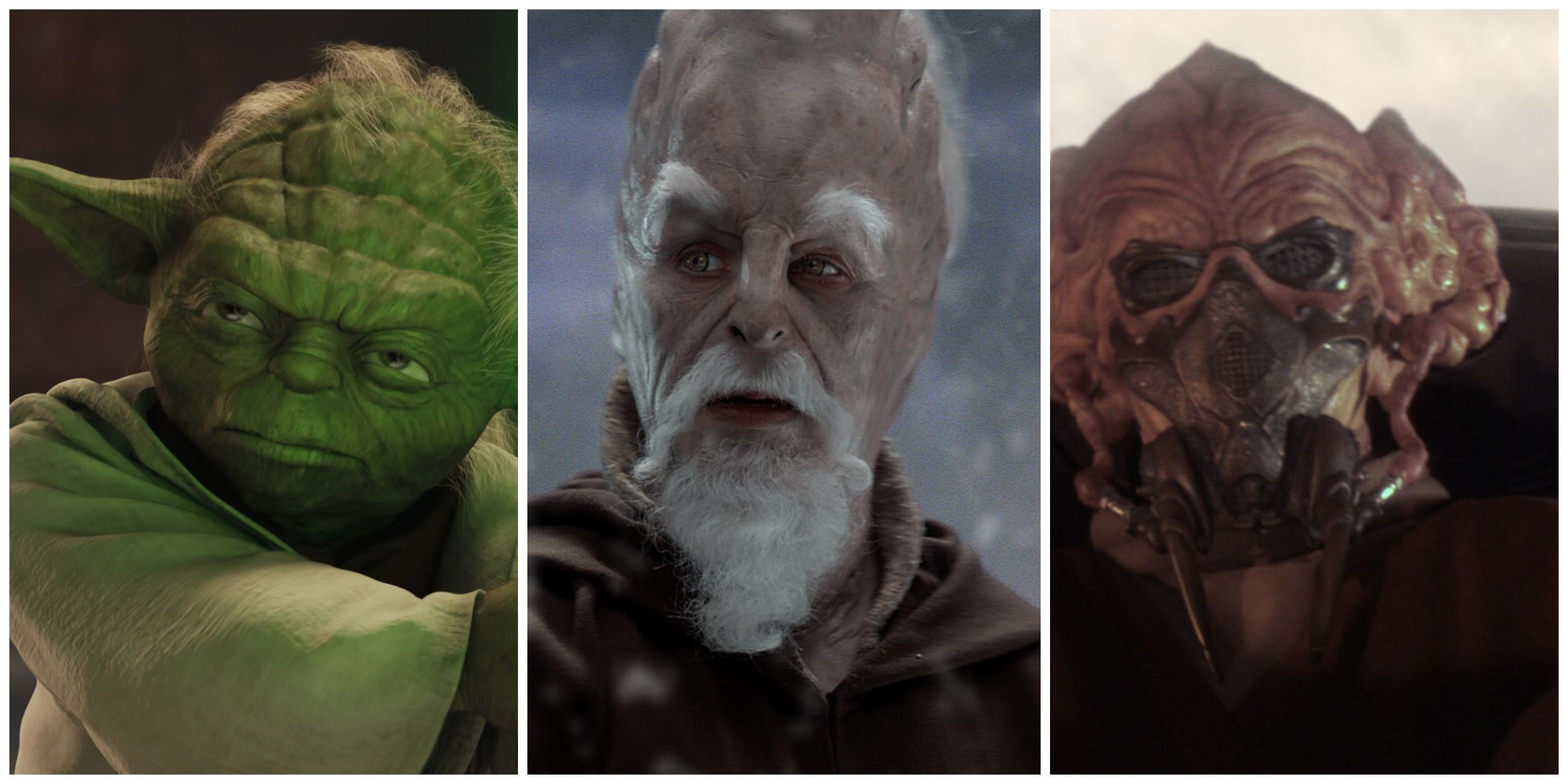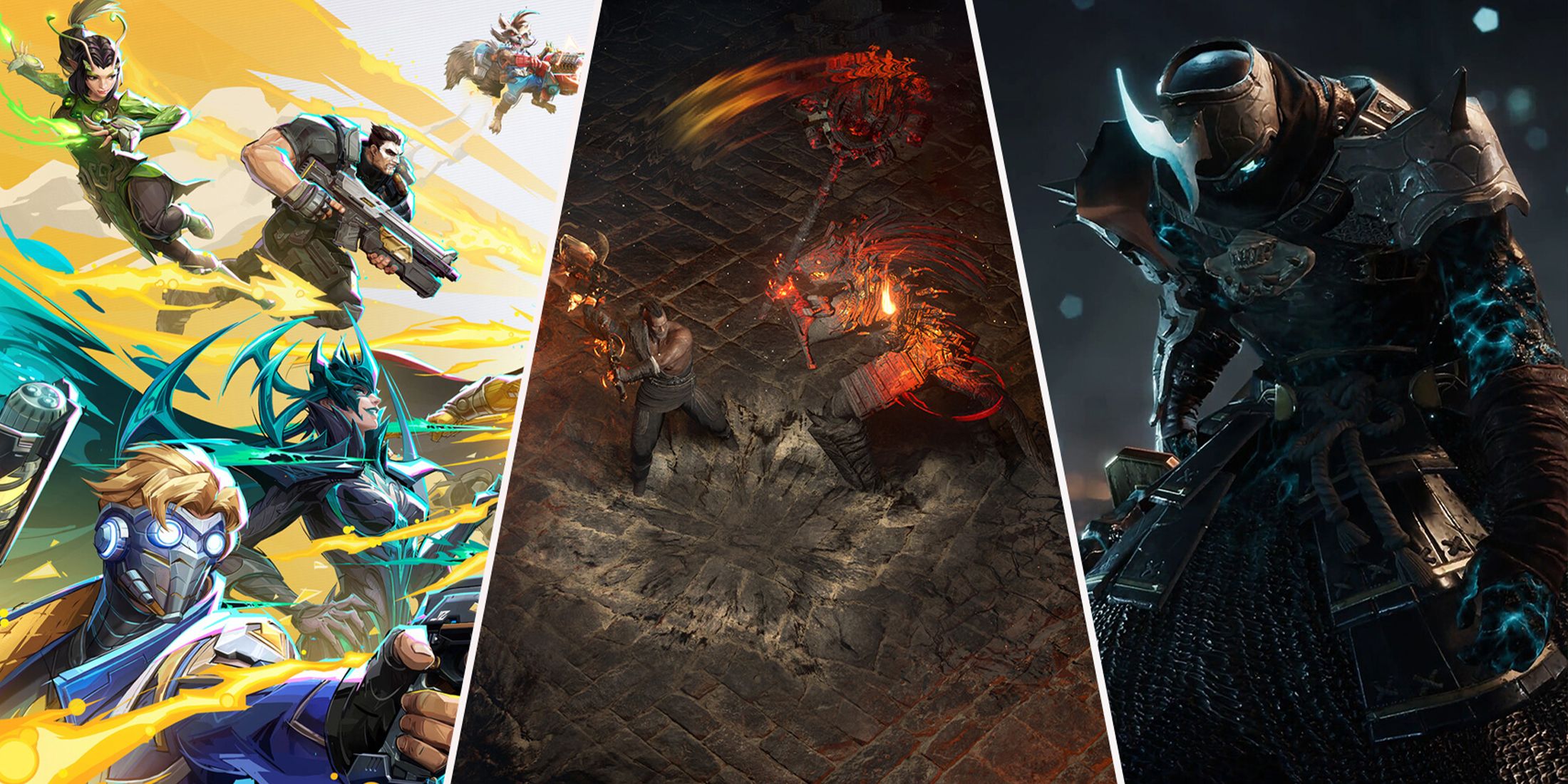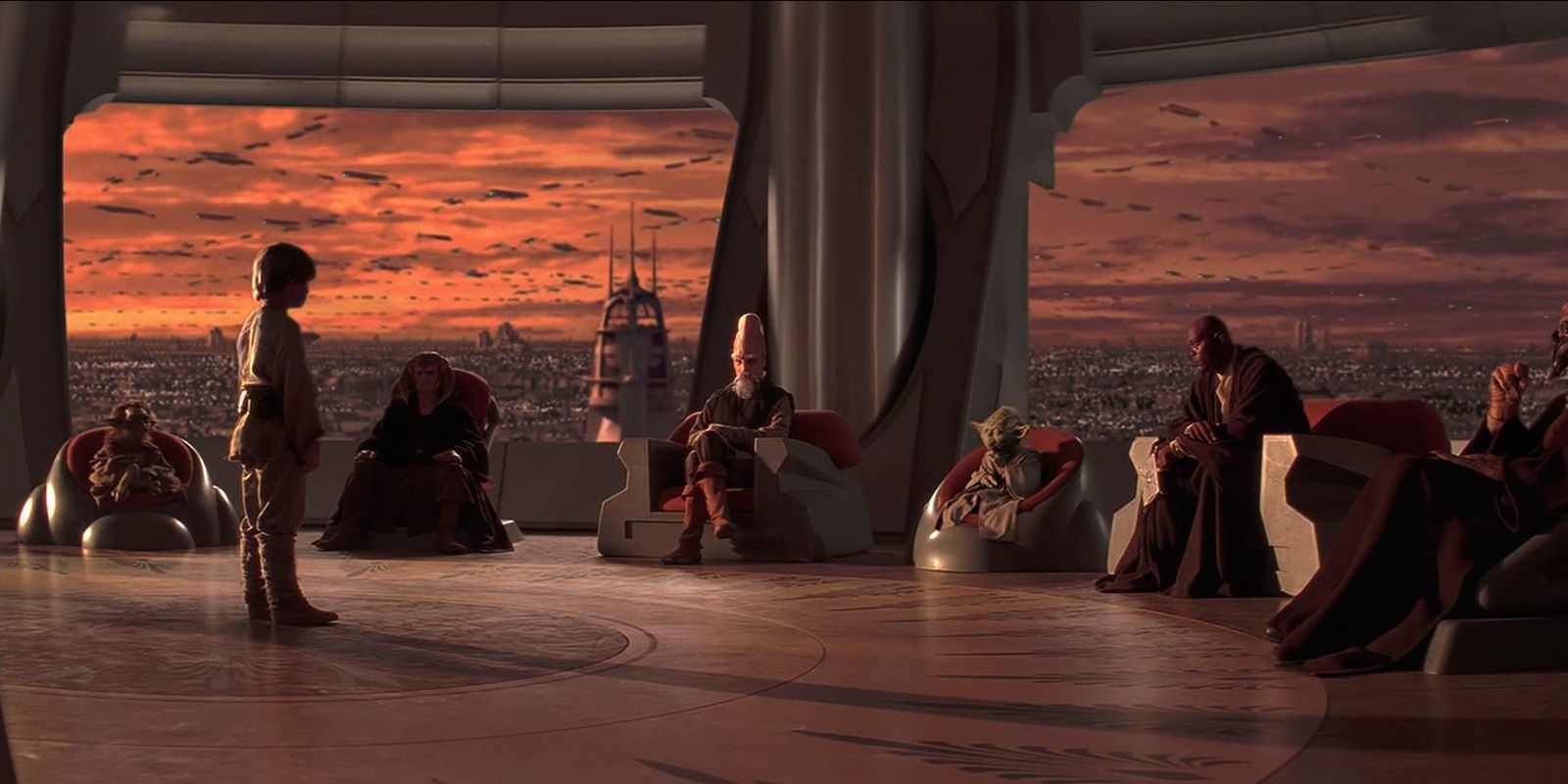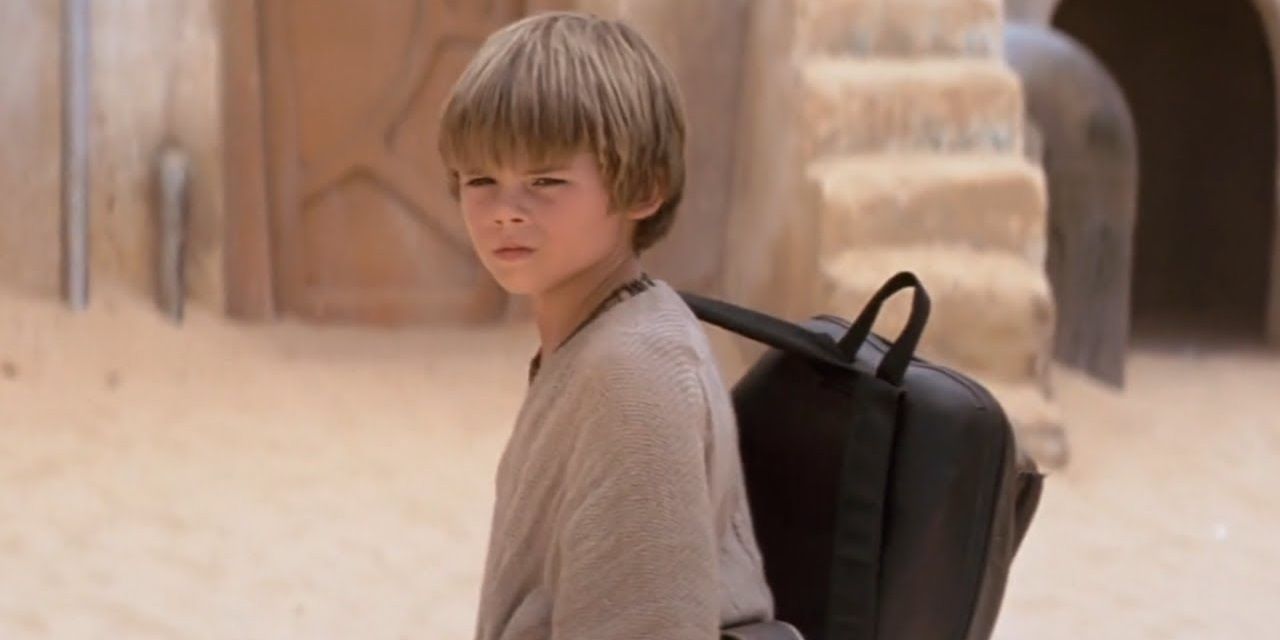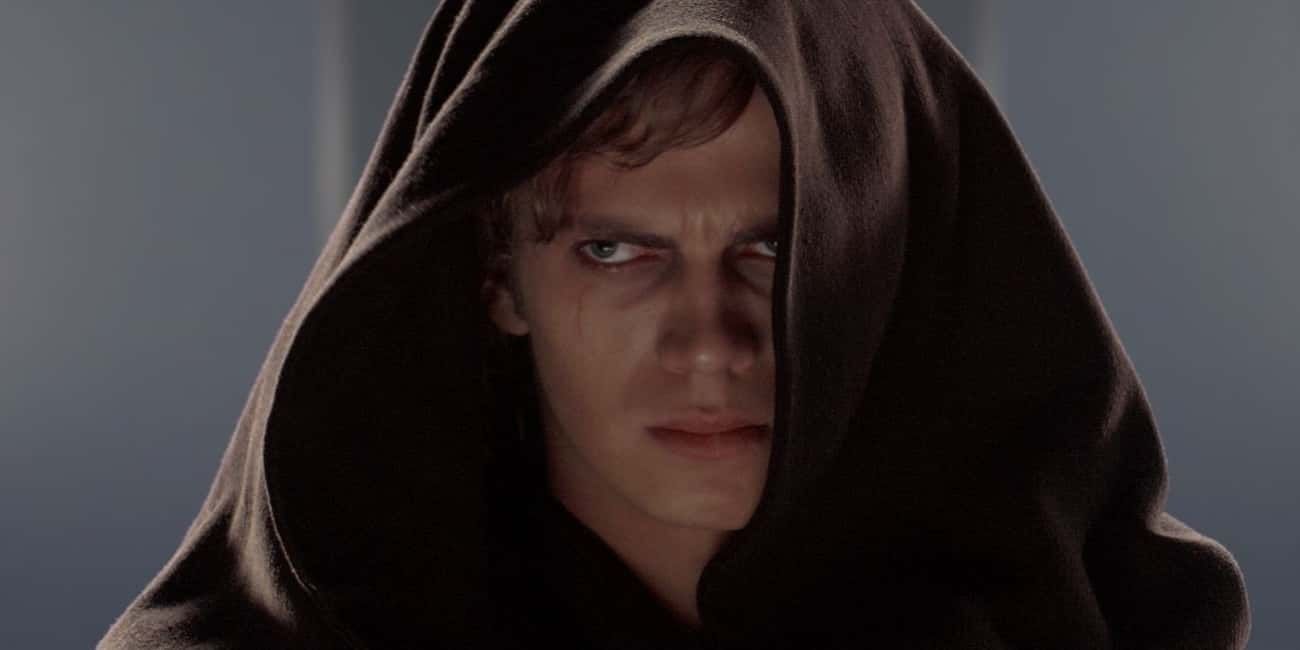The Star Wars franchise has an ongoing problem with expansion. For every intelligent new story that proudly charts a new course in the big bold galaxy, there are a dozen that refuse to move beyond the characters everyone has already seen. As the franchise locks in fewer concepts, their flaws become obvious. Take the Jedi Order, an ostensibly heroic organization that also has many of the hallmarks of a cult.
The Jedi Order was effectively nonexistent in the original trilogy. The purge had already taken place and Obi-Wan Kenobi was the only practicing Jedi the world knew about. As more information about the old Order became clear, sinister elements began to emerge.
In its heyday, the Jedi Council was the most powerful religious organization in the galaxy far far away. Imagine a church that spans the globe, supplies devout soldiers to complete government assignments, and has a huge hand in the day-to-day operations of the government. More importantly, imagine that organization taking countless children away from their parents, never to be seen again. Their rules are rigid and obscure, their history is shrouded in layers of arcane nonsense, and their agents frequently kill people on behalf of the state. They claim to be unquestionable arbiters of ontological good and evil, and they have a faction of enemies that appear to be genuinely dangerous. By all accounts, these traits would not inspire hope or trust in an organization. They do not, however, necessarily brand that group as a cult.
The trouble with the term "cult" is that it lacks a proper definition. The line between a religion and a cult typically begins and ends with its popularity. Many of the largest modern religious groups began as cults. The term is almost exclusively reserved to be used as a pejorative for illicit organizations. Colloquially, a cult is a group with a charismatic leader that forces its members to do bad things. The details can vary wildly, and some definitions exclude well-known examples. People in cults tend to avoid the term, and very religious people tend to be very liberal with it. The term is open, and it's fair to say that the early Jedi Order could fall on either side of the spectrum. The Jedi Order has some qualities of a cultic Milieu, but it also has a lot of qualities that distance it from the concept.
The big obvious difference between the Jedi way and Scientology, for example, is that the Jedi are generally correct. The Force is canonically real, they demonstrate supernatural powers, and their enemies are really out to destroy all life in the galaxy. Being objectively correct about almost every matter makes it hard to decry the group. Arguably, dealing with facts rather than faith makes it hard to label the Jedi a religious group. They're an NGO that fights evil and works closely with every notable government in the galaxy. Unfortunately, the Jedi Order does a lot of stuff that doesn't necessarily fit their charge.
Most of the Jedi Way is practical, designed to ensure the highest chance of success in their tasks. However, it becomes clear throughout the franchise that the Jedi have some misconceptions when it comes to basic psychology. The Jedi prohibition on emotions exists to keep their well-trained weapons of mass destruction on the path of righteousness, but it also traps its participants in difficult lives. Their restrictions go beyond Buddhist enlightenment and toward cultic obsession with control. Perhaps more troubling, the Jedi are fixated on their "chosen one." This leads them to grant an obviously dangerous young man an immense amount of power and authority. These massive red flags combine to make the Order seem more sinister than they should. They also led to the Order's downfall.
In the original trilogy, one of Darth Vader's middle managers describes the Force as an ancient religion with the same level of disdain one might use to decry a Flat Earth believer today. Those who still follow the ancient ways would unquestionably be seen as cultists in the original trilogy. Removed from their context as a massive galactic seat of power, the Jedi Order come off as dangerous extremists with a long history of aggressive military actions. In the prequels, it's a questionable but popular religion that happens to have a lot of power. In the future of the franchise, it's an obscure underground movement that gives the downtrodden a bit of hope.
It's unfair to say that the Jedi Order is a cult. It's missing many key aspects, most notably a charismatic leader who wields immense power. While the Jedi Order is massively flawed, it's more accurate to describe them as a politically connected religious organization. It's only as close to a cult as every other major religion. If nothing else, the prequels offer a strong argument for the separation of church and state.

